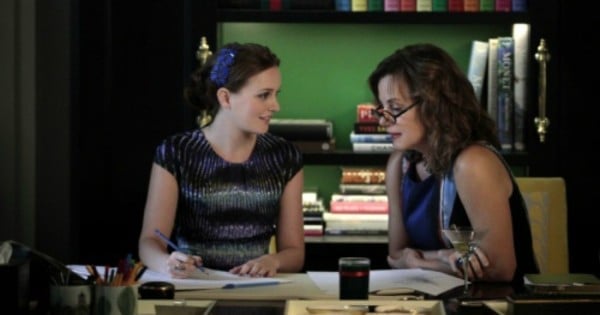
We need to admit that job security is a thing of the past (like parachute pants and Mark Latham’s political career) and embrace it.
I’m 32 and when I left uni a decade ago I had a pretty unrealistic idea of what my working life would look like. And I seriously thought I would have my career locked down by now.
After all, that was the dream I was always sold. You finish uni, you start out in a junior position and you work your way up. A good education equals a good job.
But for me, the reality was far from that. By my early 30s, my resume looked like the dating record of a serial monogamist – a lot of short, intense relationships but nothing that stuck.
I was in danger of becoming a career spinster. The old aunt who everyone whispers about at family gatherings. “The poor thing. She just never found the right man job.”
So why had I been left on the career shelf? It was a combination of being in the wrong place at the wrong time, a really shitty job market and a pretty naive opinion of what the ideal career should look like.

Top Comments
At 35, I've been unable to find work for far too long. It's demoralising to apply for job after job and not hear a thing back. Living in a country area, every job receives upwards of 300 applications. I've been turned down for supermarket/fast food roles because I'm overqualified, away from other jobs because younger people are cheaper for businesses.
Relocation is out of the question due to family issues. I'm not old or young enough to receive proper attention from these so called job network agencies.
Now I'm back at Uni retraining for jobs that will also probably be redundant by the time I'm finished.
I can relate to this even though I am a gen X and a decade older than the author. I was in high school in the eighties where we were constantly told we could be anything and achieve greatness if we really wanted it. My parents also encouraged me to think big. In my early and mid 20s my career flew and I was loving life. However, it stalled and stagnated since then. Like the author, I had two redundancies and I even got sacked once because I unsettled the golden boy. He responded by sabotaging me. This all took its toll on my career and confidence. Now in my forties I find myself at the same level I was in my twenties. I have a good, steady job for five years, but I feel my career has gone backwards. There is also that sense of guilt and failure that I let all those people down that thought I could achieve greatness. Instead I find that I am actually rather ordinary.